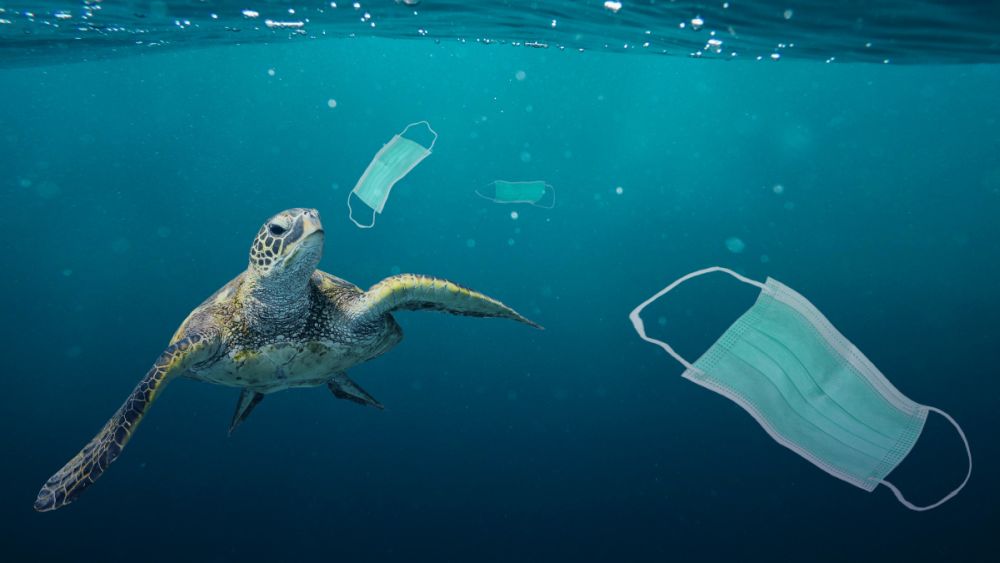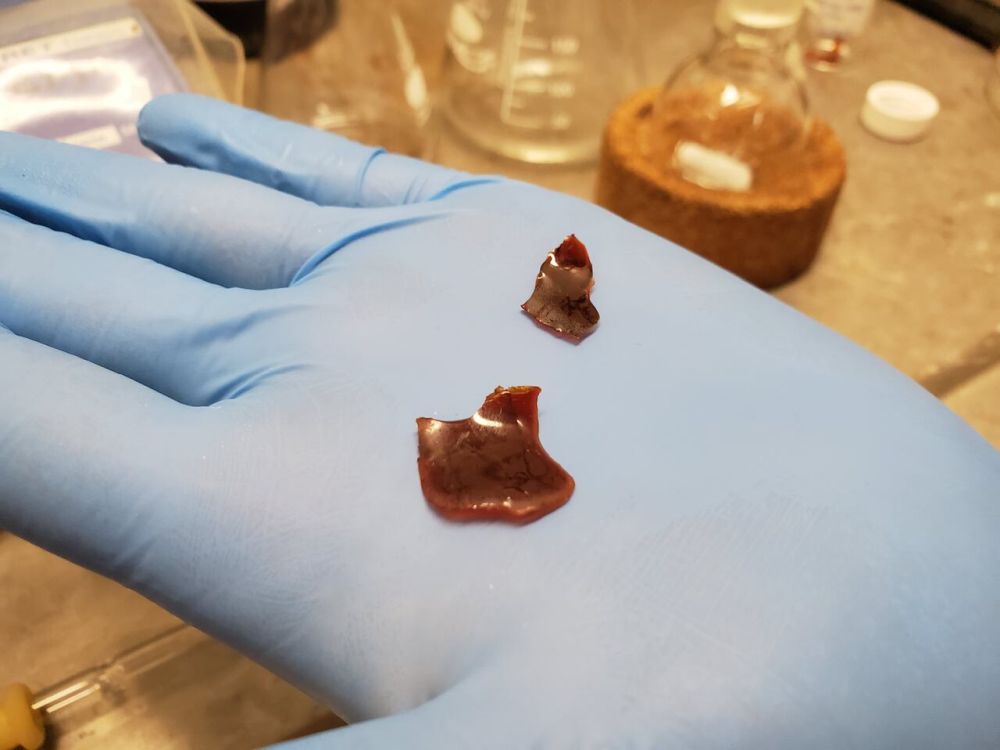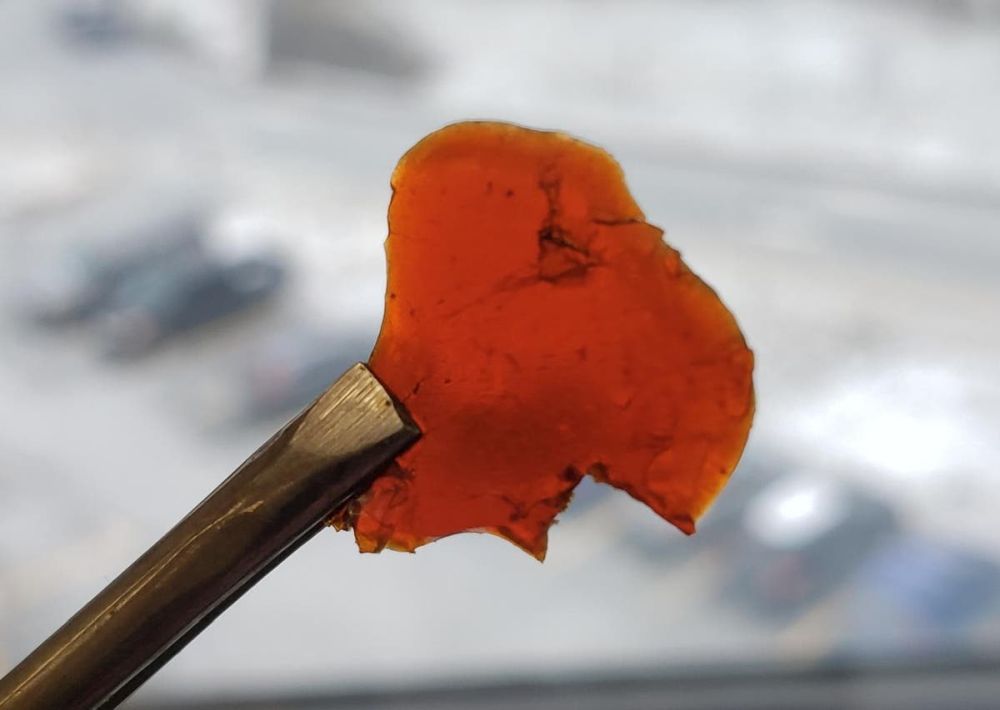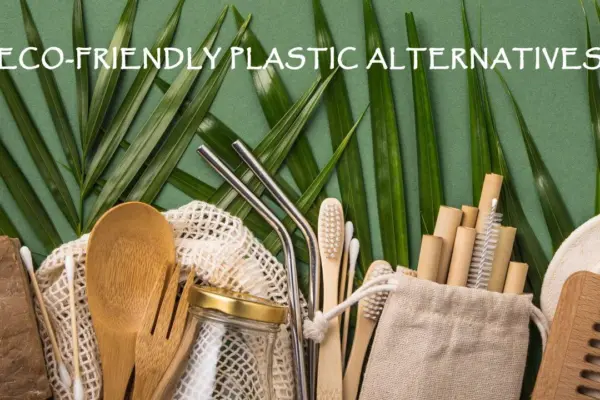Scientists Create Biodegradable Plastic from Fisheries Waste
The volume of plastic waste on the planet reflects the magnitude of the global plastic industry. Plastics not only last for a long time but also have low recycling and reuse capacity. Nearly 40% of the plastic packaging is single-use and none of it is biodegradable.
Plastic waste is predicted to increase amid the coronavirus pandemic as there has been a rise in single-use medical and personal protective equipment (PPE) waste, single-use grocery bags, and plastic food packaging to limit the spread of the coronavirus.

Growing plastic pollution in the wake of Covid-19 | Image: UNCTAD
Innovation is a way to maintain balance on the increasing use of plastics which are less damaging to the environment. Polyurethane is made from non-renewable crude oil, which takes centuries to break down. To tackle the increasing plastic pollution scientists have created biodegradable Polyurethane-like plastic from fisheries waste.
This project is led by Prof. Francesa Kerton at Canada’s Memorial University of Newfoundland. They started to extract oils from the remains of the fish that are usually composted or thrown away. Previously, others have developed new polyurethanes from plant-derived oil, to replace petroleum. The crops, such as soybean that produce the oil, require land which could be used to grow food, making the leftover fish remains a promising alternative.

A sample of bioplastic from fish oil, derived from fish waste | Image: CBC
Later on, carbon dioxide is used to hold these molecules together and cashew-shell-derived nitrogen compounds called amines. The early inspection concluded that the cashew-shell amines used for production can be substituted with easily available and naturally occurring amino acids like asparagine.
But does this make the plastic smelly? In the start, there might be a faint fish smell, but it disappears as the scientists go through the process.

To tackle the increasing plastic pollution scientists have created biodegradable Polyurethane-like plastic from fisheries waste | Image: Mikhailey Wheeler
The researchers have presented the results at the spring meeting of the American Chemical Society (ACS). If this project is developed successfully, a fish-oil-based polyurethane can help meet the urgent need for eco-friendly plastics. It is important to design plastic with an end-of-life plan, either through chemical degradation, recycling or repurposing.
This innovation has the potential to harness a resource that was previously viewed as waste and transform it into a viable alternative to single-use plastics. What began as a fish is transformed into products that can potentially go back to the sea as a nutrient rather than problematic plastic debris, making it a wonderful example of circularity.
Via: New Atlas


